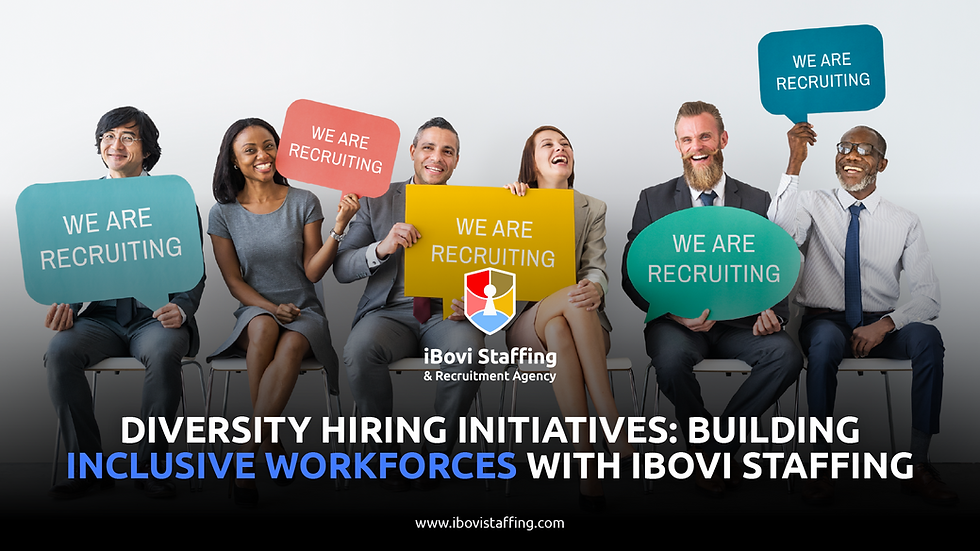Why Do You Want This Job?
- Arnim Sharma

- Feb 13, 2024
- 3 min read
Updated: Feb 27, 2025
Table of Contents:

When to Expect the Question
During a job interview, especially in the early stages, it's almost inevitable that you'll be asked, "Why do you want this job?" This question typically arises after discussing your qualifications and skills, serving as a way for the interviewer to gauge your level of interest and motivation for the position.
What Does This Interview Question Mean?
"Why do you want this job?" might seem straightforward, but it's actually a multi-layered inquiry. The interviewer wants to know:
Your understanding of the role: Are you clear on the responsibilities and expectations?
Your alignment with the company culture: Do you share the company's values and vision?
Your career goals: How does this position fit into your long-term aspirations?
Your passion and enthusiasm: Are you genuinely excited about the opportunity?
How to Prepare for the Question
To effectively answer this question, it's crucial to do your homework. Here's how you can prepare:
Research the company: Understand its mission, values, products/services, and recent news.
Analyze the job description: Identify key skills and requirements and think about how your background aligns with them.
Reflect on your career goals: Consider how this job fits into your professional trajectory and what you hope to achieve.
Practice your response: Craft a concise, compelling answer that highlights your qualifications and enthusiasm for the role.
'Why Do You Want This Job' Example Answers
Alignment with Company Values:
"I'm drawn to this job because I admire the company's commitment to innovation and sustainability. As someone who is passionate about environmental conservation, I'm excited about the opportunity to contribute to projects that align with my values."
Career Growth Opportunity:
"I see this role as a natural progression in my career journey. With my background in marketing and a desire to delve deeper into digital strategy, I believe this position will provide the challenges and learning opportunities I need to further develop my skills."
Passion for the Industry:
"Having worked in healthcare for several years, I've developed a deep appreciation for the industry's impact on people's lives. This role not only allows me to continue working in healthcare but also offers the chance to explore new areas, such as telemedicine, which I'm eager to delve into."

Be Careful of These Job Interview Mistakes
Generic Responses: Avoid generic answers that could apply to any job. Tailor your response to the specific role and company.
Negative Remarks: Refrain from criticizing your current or previous employers. Instead, focus on the positive aspects of the new opportunity.
Lack of Preparation: Ensure you've done your research and can articulate why you're a good fit for the job and the company.
Conclusion
The question "Why do you want this job?" provides an opportunity for you to showcase your enthusiasm, qualifications, and alignment with the company's values and goals. By preparing thoughtful and personalized responses, you can leave a lasting impression on the interviewer and increase your chances of securing the position.
FAQs
1. What if I'm not genuinely excited about the job?
It's essential to be honest during the interview process. If you're not excited about the job, consider whether it's the right fit for you in the long term. If it's not, it may be best to explore other opportunities that align better with your interests and career goals.
2. Should I mention salary or benefits when answering this question?
While it's essential to consider salary and benefits when evaluating a job offer, it's best to focus on factors like career growth, learning opportunities, and alignment with company values when answering this question. You can discuss salary and benefits later in the negotiation stage if necessary.




Comments